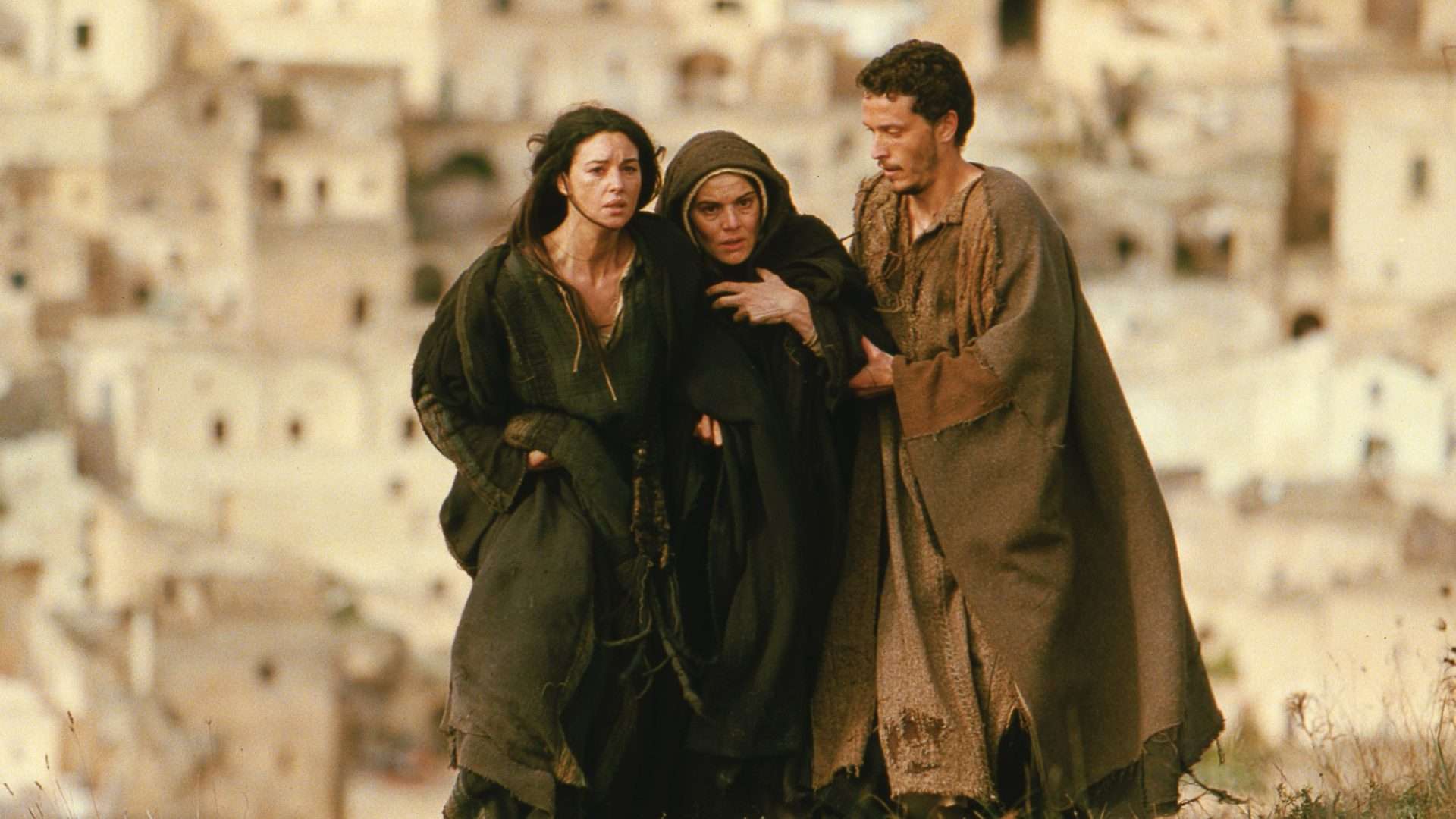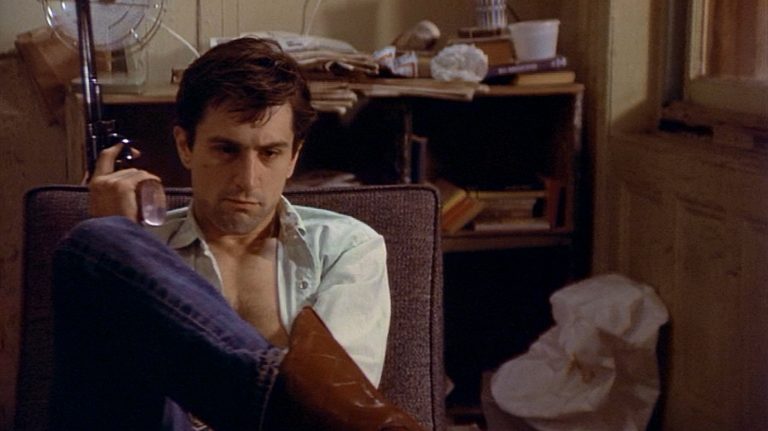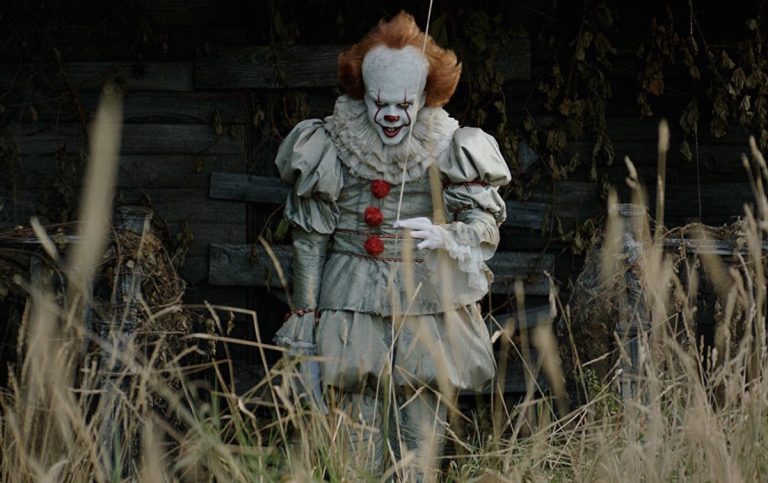Mel Gibson’s The Passion of the Christ has returned to the spotlight after trending on Netflix post-Easter, but not for the reasons many expected. While the film continues to draw interest for its raw portrayal of Jesus Christ’s final hours, viewers have raised concerns over a missing Bible verse in the version currently streaming. For a film so closely tied to Scripture, the omission has sparked backlash among Christian audiences, who feel a key part of the message has been quietly removed.
A Post-Easter Resurgence: ‘The Passion of the Christ’ Climbs Netflix Charts
Following the Easter weekend, The Passion of the Christ — Mel Gibson’s controversial yet globally lauded depiction of Jesus Christ’s final hours — surged into Netflix’s trending section in several regions. The film, originally released in 2004, is known for its visceral realism, Aramaic and Latin dialogue, and most importantly, its rootedness in the biblical Gospel narrative.
For many Christians around the world, especially during Easter, revisiting this film is a spiritual tradition — a way to connect visually and emotionally with the crucifixion story. But this year, that connection came with a wave of confusion and outrage.
Viewers Notice Missing Bible Verse
As the film gained traction on the platform, eagle-eyed viewers quickly noticed a subtle yet significant change in Netflix’s version of The Passion of the Christ. Specifically, the Bible verse that originally appeared at the end of the film — Matthew 28:6 — was missing.
The verse, “He is not here; for He is risen, as He said. Come, see the place where the Lord lay”, is central to the resurrection narrative and is often considered a triumphant conclusion to the harrowing journey of the crucifixion. Its absence didn’t go unnoticed, and it didn’t sit well with many.
Christian audiences took to social media platforms and faith-based forums to express concern and frustration. Some accused Netflix of quietly censoring Christian messaging, while others called for clarity on whether this change was the streamer’s decision or part of a previously released alternate version of the film.

What Version Is Streaming on Netflix?
Netflix has not officially addressed the controversy, but multiple reports indicate that the version currently streaming may be the original theatrical cut or one of several international releases that omit the closing Bible verse. It’s worth noting that there have been at least three major cuts of The Passion of the Christ since its 2004 debut: the theatrical release, a re-cut version with toned-down violence (for wider family viewership), and international versions that vary in subtitle and title card presentation.
According to Gospel Herald, viewers in the U.S. noted the absence of the verse in the Netflix stream. Some speculated whether this was a broader issue of “sanitizing” Christian content, a trend many faith-based consumers fear is growing in the media landscape.
The missing verse isn’t just a textual detail. For many believers, it’s the climactic moment — the spiritual payoff after watching Jesus endure betrayal, torture, and crucifixion. To conclude the film without the resurrection verse, especially during Easter season, feels to some like presenting an unfinished gospel.
Reverend Mark Tinker, a theologian and film critic, noted in a statement shared by Gospel Herald, “That verse isn’t just a line of text — it’s the heart of Christian faith. Removing it removes hope from the story.”
Mel Gibson’s Passion Project: A Legacy That Still Sparks Debate
When The Passion of the Christ was first released, it sparked fierce debate for its graphic depiction of violence, its use of ancient languages, and accusations of antisemitism. But it also earned widespread praise for its commitment to authenticity and faithfulness to scripture.
Actor Jim Caviezel, who portrayed Jesus, famously took on the role despite Gibson warning him it could harm his career. As Fox News recently reported, Gibson told Caviezel bluntly, “You’ll never work in this town again.” Caviezel, a devout Catholic, accepted anyway — and indeed faced years of industry cold-shouldering thereafter.
Yet, despite its polarizing nature, The Passion became one of the most successful R-rated films of all time, grossing over $600 million globally and establishing itself as a staple of religious cinema.






